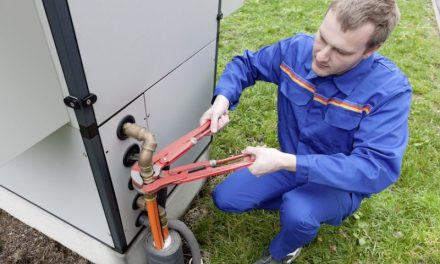
 Rising world energy costs are encouraging businesses across the world to invest in energy efficient technologies to radically reduce their energy consumption.
Rising world energy costs are encouraging businesses across the world to invest in energy efficient technologies to radically reduce their energy consumption.
This is according to the latest research paper from SFS, the Financial Services unit of Siemens. In developed economies, tough credit conditions have restricted organisations’ ability to invest. Now, however, financing arrangements are becoming available that offset the new equipment investment costs against the energy cost savings, wholly or partly subsidising the investment.
In some cases – such as industrial motors, combined heating and power, and warehouse lighting – financing arrangements can often be created where cost savings make the situation cash positive from day one. The new SFS paper points out that financing in the energy efficient technologies and solutions is a way out of the rising energy prices, and also highlights key technologies where the greatest energy efficient gains are to be made, along with typical payback periods.
David Martin, general manager for Siemens Financial Services Ltd in the UK, noted, “The challenge of energy consumption and the costs for business and industry has made the case for investment in ‘green’ energy efficient equipment a high priority for most businesses. Finance directors are increasingly latching onto energy efficiency which, if properly executed, provides obvious financial gains. With economies sluggish around the world, and credit remaining tight, businesses urgently need to reduce operating costs, and this is one easy way of doing so.”
Clearly though, businesses are also keen to conserve cash, so that where market or acquisition opportunities appear, they can rapidly take the initiative. It is shown in the paper that financing techniques, such as leasing, performance contracting and other specialist financing solutions, are now becoming popular, because they help the business afford their energy efficient equipment upgrades without tying up or ‘freezing’ scarce capital. In some cases, the cost of upgrade can be fully offset by the energy cost savings, effectively providing a no cost investment. In many industries, the upgrade not only saves on energy costs but also enables higher productivity that reduces manufacturing cost per unit.
There is still huge potential for reducing energy consumption in business and industry. SFS latest research paper seeks to summarise the main areas of energy efficiency gain, to help businesses organise and prioritise their approach to energy efficiency.
The SFS study, conducted between September 2011 and January 2012, researched a wide variety of third party statistics to compile a multi-country picture of rising energy prices. The collective experience of SFS in energy efficient investment over the last five years was then aggregated, corroborated by wide references to third party sources, to identify a range of priority areas where energy efficiency initiatives were most likely to deliver appreciable return on investment.



